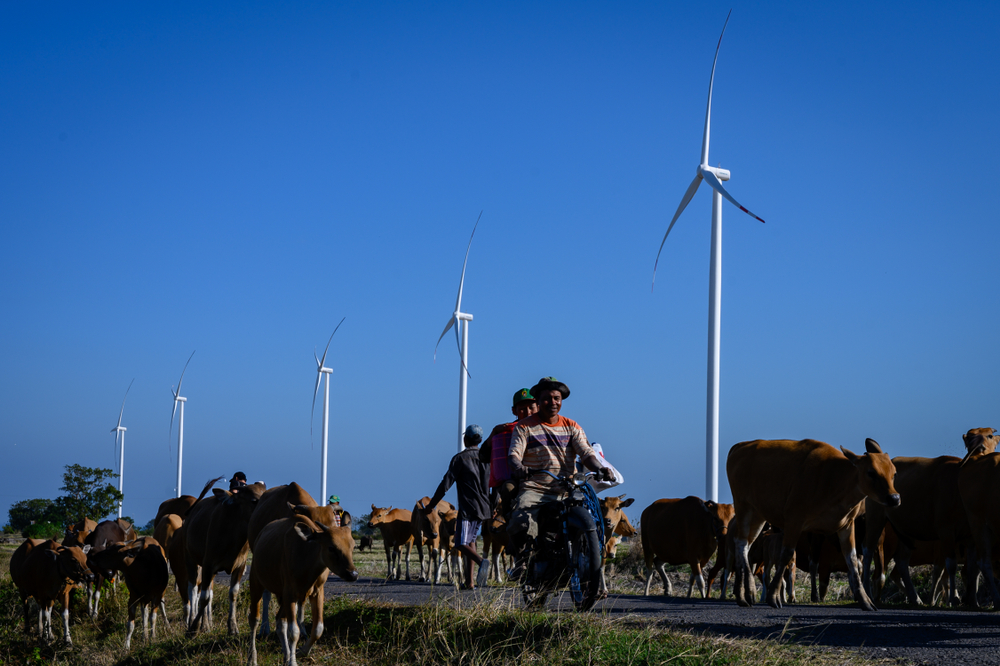Indonesia earmarks $1 bln of infrastructure projects for Islamic financing
JAKARTA - Indonesia’s government is offering investors $37.3 billion worth of infrastructure projects, $1 billion of which is earmarked for Shariah-compliant financing, Ekoputro Adijayanto, CEO of the ministry of national development’s Center for Private Investment (PINA) told Salaam Gateway.
Adijayanto said around $300 million of the $1 billion earmarked for Islamic financing will be offered to investors from the Middle East and the remaining $700 million to local investors, including pension funds and insurance companies.
“So far countries like Oman and Qatar have shown interest, but they want to make sure that everything is Shariah-compliant, for example they require Indonesia’s national Shariah supervisory board (DSN) to be involved,” Adijayanto told Salaam Gateway.
PINA started selling the project pipeline in early 2018 and $2.3 billion have been committed so far. However, this does not include any Shariah-compliant financing or investments.
The unit is currently selling the Islamic pipeline and it hopes to close up to $1 billion in 2019.
11 projects are in the overall pipeline, covering a wide cross-section of sectors including biomass and waste, energy power plants, toll roads, integrated tourism areas, canal and port development, plantations and airports.
“The Middle East investors also brought up the possibility of green sukuk since they have a big interest in renewable energy projects,” said Adijayanto.
Indonesia was the first Asian sovereign to issue green sukuk when it raised $1.25 billion in February.
Apart from basic infrastructure projects and renewable energy, investors from the Middle East are also eyeing social infrastructure such as hospitals and prisons, said Adijayanto.
“I think it’s better to focus on two or three countries that show interest. Countries like Oman and Qatar hold assets under management of more than $300 billion [in both their sovereign wealth funds] so it’s certainly a big opportunity for us and we should focus on them. When we design the project pipeline we always make sure it’s also designed for Shariah-compliant investors,” he said.
(Reporting by Yosi Winosa; Editing by Emmy Abdul Alim emmy.alim@refinitiv.com)
Our Standards: The Thomson Reuters Trust Principles
© SalaamGateway.com 2018 All Rights Reserved
